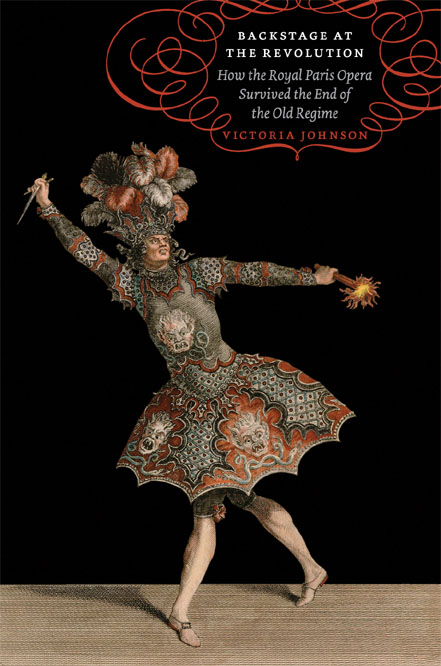The perdurance of the Paris Opera

Last Thursday’s Times Higher Education contains a review of Victoria Johnson’s Backstage at the Revolution: How the Royal Paris Opera Survived the End of the Old Regime in which reviewer Brian Vick praises the book for its “unique, insightful and colorful perspective on the French Revolution and the Paris Opera’s early history.” Spanning academic disciplines to combine “early modern French cultural history with the theory of organizations and entrepreneurship” Johnson provides a novel explanation for how the Paris Opera not only managed to escape destruction during the French Revolution, but was protected by French revolutionary officials, despite its long association with the royal court and ostentatious displays of aristocratic opulence. Exploring beyond the context of the revolution itself, Johnson’s book uncovers the roots of the Opera’s survival in its identity as a uniquely privileged icon of French culture—an identity established during its founding one hundred years earlier under Louis XIV. Thus, Vick concludes, more than just an account of the revolution, “the work provides a full and persuasive history of the early Paris Opera…at once scholarly and for the most part engagingly written, the book could be worth keeping in mind as reading matter the next time one is thinking of ‘chunnelling’ over to Paris to catch a performance of the Opera.”
More recently, the author joined host Bryn Terfel on BBC Radio 3’s Music Matters to discuss her work with several other experts on the topic including Tim Blanning, Professor of History at Cambridge, and opera historian Sarah Lenton. Archived audio of the conversation should be available online at the Music Matters website for the next couple of days, or read the rest of Vick’s review at the THE website.